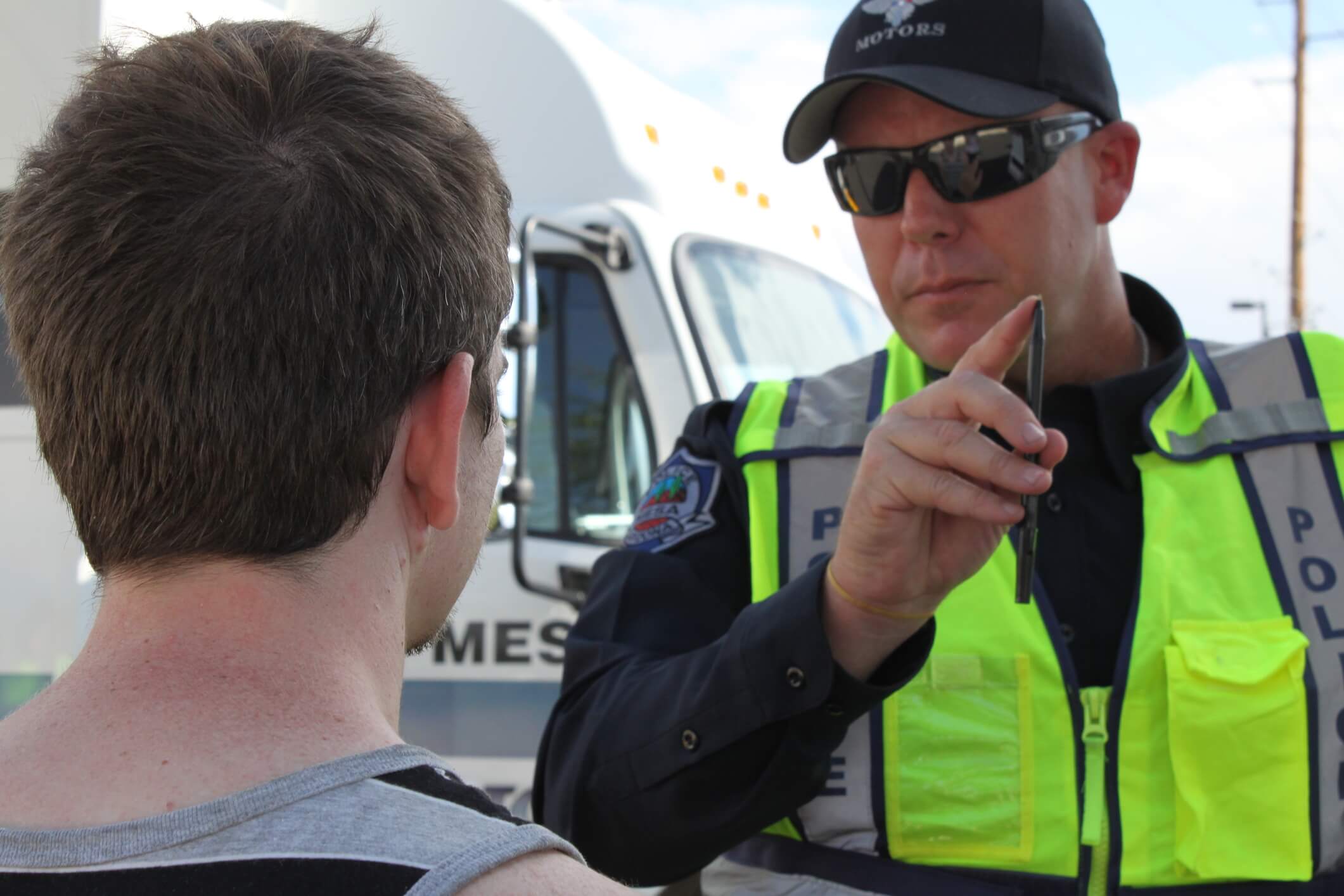Driving toward a DUI checkpoint can leave you with a heart-sinking feeling. There is a rush of worry and a cascade of what-ifs. After all, what happens if you get stopped and arrested in a way you believe is unjustifiable?
The legality of DUI checkpoints is without question, but not every arrest is damning. Flaws in procedures, missteps in protocol, and constitutional violations can turn the tables.
This article peels back the lawyers of the process and spotlights effective criminal defenses. Understanding where things can go wrong for arresting officers can clarify your rights and resources. Take the first step by reading on, and when you are ready, reach out for a referral to a seasoned DUI attorney.
Know Your Rights
The first and foremost right is the Fourth Amendment protection against unreasonable searches and seizures. It requires any law enforcement action at a checkpoint to follow established procedures.
Officers should not search your vehicle without consent or probable cause. For instance, they can justify this action after seeing an open container or other indicators of illegal activity.
You also do not have to answer questions about wrongdoing. The right to remain silent is a constitutional protection many drivers may forget during stressful moments. You can politely decline to answer questions about where you have been or if you have had anything to drink. Regardless, be courteous and avoid obstructing the checkpoint operation.
Do not confuse silence with non-compliance. You must still comply with lawful orders to produce documentation or step out of the vehicle.
Additionally, sobriety tests are usually voluntary. However, this refusal can lead to an arrest under implied consent laws. It could also result in an automatic license suspension. This reality underscores how essential it is to have familiarity with state and local law.
Legal Strategies for Challenging DUI Checkpoint Arrests
Questioning the Legality
The Supreme Court has criteria law enforcement must meet for a constitutional DUI checkpoint. For instance, there are requirements to choose a reasonable location based on historical data. There should also be adequate safety measures and minimal intrusiveness for the stopped drivers. Failure to meet any of these elements can render any evidence obtained inadmissible.
Defense attorneys often request the operational plans and data that justify the checkpoint’s location. They can use any lapses in legal standards to get the charges dismissed based on illegitimacy.
Furthermore, transparency and predictability are paramount to the legality. Law enforcement agencies should announce the timing and location in advance.
Examining Officer Conduct
Law enforcement officers must operate within a strict set of protocols. Deviations may include detaining drivers for an unreasonable period or searching cars without reasonable cause. Any of these events could be grounds for contesting the arrest.
An in-depth analysis of officer conduct extends to how they adhere to procedures for sobriety testing. For example, field sobriety tests have guidelines for administration. Furthermore, using breathalyzers or other chemical tests can lead to improper actions or false readings.
Your attorney may also subpoena dash cam footage, bodycam videos, or checkpoint logs. This evidence may identify misconduct or procedural errors. Highlighting discrepancies can cast doubt on the legality of the arrest and the likelihood of getting charges dismissed.
Evaluating the Evidence
The validity of the evidence is the linchpin in any DUI case. The core of the assessment is how law enforcement obtained details and whether they meet legal standards. Defense lawyers often scrutinize the breathalyzer calibration logs, chain of custody for blood tests, and other critical aspects. Even a minor deviation can cast doubt and provide a foothold to challenge the state’s case.
The subjective nature of the evidence demands a critical evaluation as well. For example, there could be errors in an officer’s observations. Attorneys may also seek expert testimony to contest the reliability of the field sobriety tests or interpret findings. The goal is to highlight the inherent uncertainties and potential for error. These efforts may prove that the prosecutor has fallen short of the standard for conviction.
Challenging the Arrest on Constitutional Grounds
It is not unusual for an arrest to hinge on constitutional law. Typically, the Fourth Amendment is the critical battleground. It protects you from unreasonable searches and seizures, which extends to DUI checkpoints. Defense counsel may argue that a stop violated your rights because it did not meet the appropriate criteria.
A stop based on anything other than a predetermined formula or lack of property authorization is possible. These arguments can gain traction when officers deviate from the established standards.
Moreover, the arrest itself deserves examination for its adherence to due process. A DUI arrest at a checkpoint without Miranda warnings can violate your right against self-incrimination. Defense attorneys diligently assess what happened to ensure fair treatment under the law.
Talk to a DUI Lawyer
DUI checkpoint arrests require an understanding of constitutional rights and state DUI laws. The strategies discussed above offer a foundation for building a criminal defense. Although, the nuances of each case can significantly affect the outcome.
Seek professional help if you or someone you know got arrested at a DUI checkpoint. Our representatives stand ready to help you 24/7. You can call (866) 345-6784 or complete this online form to get started.

